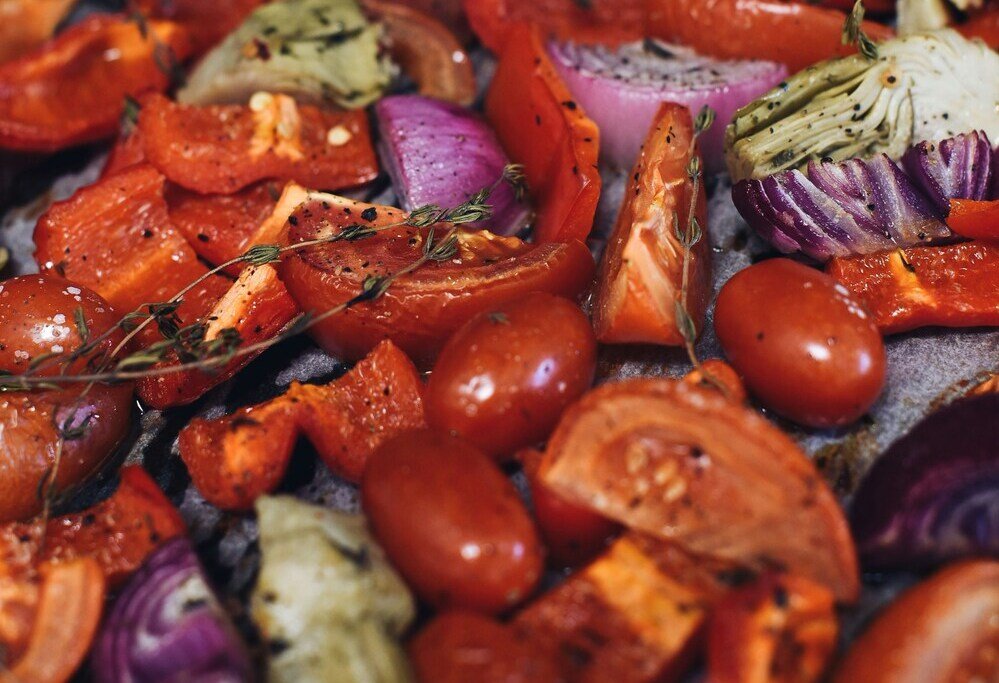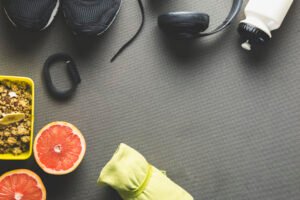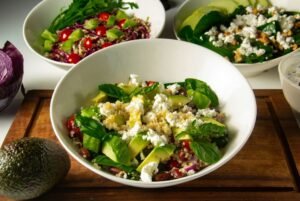The tips and recommendations for running in summer and relieving the heat are well-known and widespread. There are also some basic things you can do when running in the cold to help with recovery and nutrition. Today I bring some basic tips and tricks that will make a big difference during winter training and competitions!
Choose roasted and steamed vegetables instead of raw ones
Opt for roasted or steamed options if you lose the desire to eat raw vegetables and salads in winter.
Whenever we roast vegetables, they are easier to digest. This tip applies at any time of the year if you have problems digesting salads and vegetables (especially in the evening at dinner).
The golden tip here is to make the most of herbs and spices when roasting vegetables. This will make them more enjoyable to eat.
Try this one:
Ingredients
- Olive oil
- Sage
- Thyme
- Rosemary
- Salt and pepper
Directions
In a large bowl, toss the vegetables with the olive oil, sage, thyme, rosemary, salt, and pepper.
Roast the vegetables in the oven or Airfryer. I prefer roasting in the Airfryer because it’s quicker.
Focus on healthier carbs
Winter is the perfect season to enjoy slow-digesting complex carbohydrates, especially for long, cold runs.
Slow-digesting carbs like squash, sweet potatoes, barley, farro, and quinoa are easy to prepare and you can cook them in big batches.
*Remember to consume them 4-3 hours before training to avoid GI issues. Only consume fast-digesting carbs close to training sessions.*
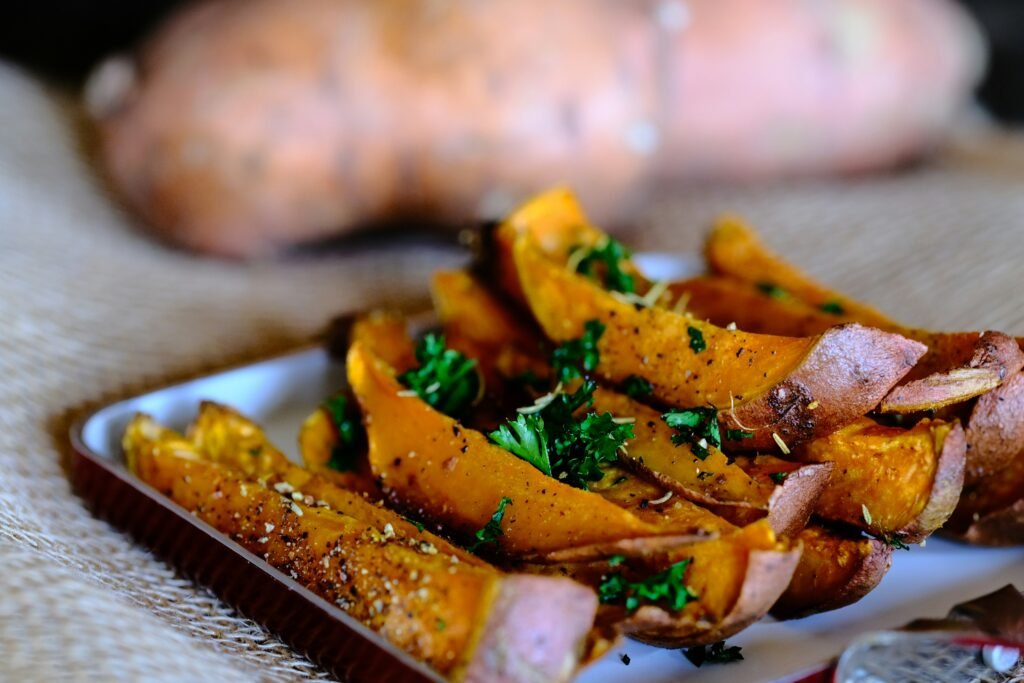
Soup for recovery
Smoothies are great recovery options, but what about soup?
Bone broth is an excellent post-workout option. It provides hydration, electrolytes, protein, and collagen. Everything you need as an endurance athlete to recover optimally.
To make it complete, just add a source of carbohydrates (noodles or quinoa) to the broth.
Warm drinks to hydrate
Summer and heat can increase the sensation of thirst, just as winter can suppress it.
Since hydration is a very important factor, in winter you can opt for hot drinks to keep you hydrated.
Herbal tea, hot water with lemon, apple tea with cinnamon, and even warm cocoa powder with milk after a workout are great options.

Replace fresh berries with frozen ones
During the winter it can be harder to find fresh berries to buy and even more expensive. But you don’t have to stop eating them.
Opt for frozen berries, as their nutritional properties are the same as fresh ones.
This also applies to other fruits.
Invest in frozen veggie
Depending on where you live, fresh vegetables may be less available in winter. But that’s no excuse to stop eating them.
As with berries and other fruit, opt for frozen. The nutritional properties are the same and even the waste can be much less as they last longer.
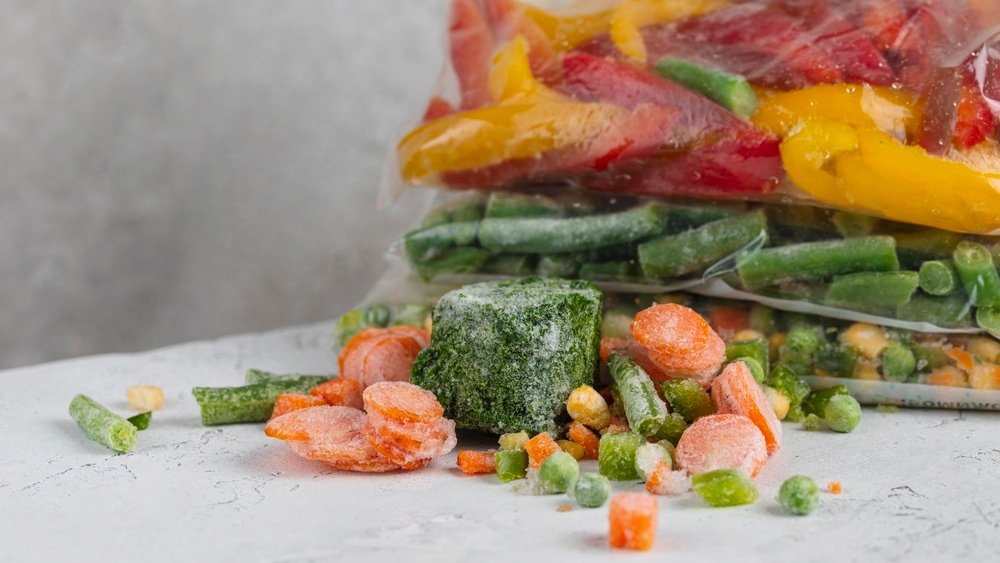
In some cases (places where temperatures drop significantly) winter might present unique challenges for outdoor athletes. Also, cold weather activities can require more energy than you might expect.
Remember that individual needs vary based on activity type, intensity, and personal physiology.
Pay attention to your body’s signals and if you need to make any adjustments, I’m here for you!

